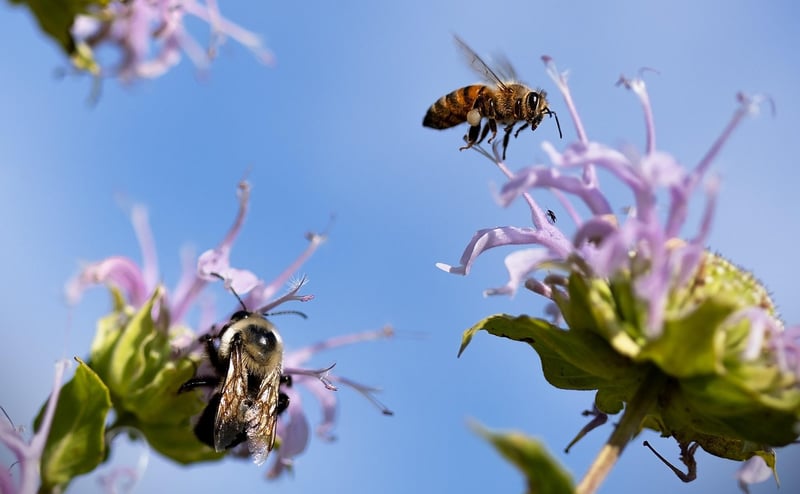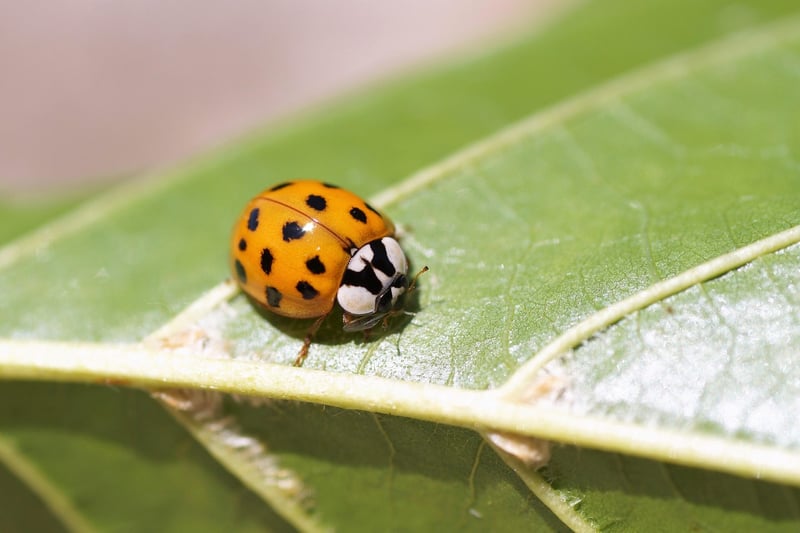Beneficial Insects
Creating Habitats for Urban Pollinators and Beneficial Insects
Urban areas are often seen as concrete jungles devoid of nature, but with a little effort, we can transform our cities into havens for pollinators and beneficial insects. These tiny creatures play a crucial role in our ecosystem, pollinating plants and controlling pests. By creating habitats for them in urban settings, we can help support biodiversity and create a more sustainable environment.
Why are Urban Habitats Important?
Urban habitats provide a unique opportunity to support pollinators and beneficial insects. With the increasing loss of natural habitats due to urbanization and agriculture, urban areas can act as refuges for these essential creatures. By providing food, water, and shelter, we can attract and support a diverse range of pollinators and beneficial insects right in our own backyards.
How to Create Habitats for Urban Pollinators and Beneficial Insects
- Plant Native Flowers: Native plants are well-adapted to the local environment and provide a vital food source for pollinators. Choose a variety of flowers that bloom at different times to ensure a continuous food supply.
- Provide Water Sources: Pollinators need water, especially during hot summer months. Create shallow water sources like birdbaths or small ponds with rocks for landing spots.
- Build Insect Hotels: Construct insect hotels using natural materials like wood, bamboo, and pine cones. These structures provide shelter for beneficial insects to nest and overwinter.
- Avoid Pesticides: Chemical pesticides can harm pollinators and beneficial insects. Opt for natural pest control methods like companion planting and handpicking pests instead.
Benefits of Supporting Urban Pollinators and Beneficial Insects
By creating habitats for urban pollinators and beneficial insects, we can enjoy a range of benefits:
- Increased Crop Yields: Pollinators play a crucial role in the production of many fruits and vegetables, leading to higher yields in urban gardens and farms.
- Natural Pest Control: Beneficial insects like ladybugs and lacewings help control pest populations, reducing the need for chemical pesticides.
- Biodiversity Conservation: Supporting pollinators and beneficial insects contributes to overall biodiversity, creating a healthier ecosystem for all species.
- Educational Opportunities: Creating habitats for pollinators can also serve as educational tools for children and adults, raising awareness about the importance of these tiny creatures.
Conclusion
By taking simple steps to create habitats for urban pollinators and beneficial insects, we can make a positive impact on our environment and foster a more sustainable future. Whether you have a small balcony or a sprawling backyard, there are ways to attract and support these essential creatures in urban settings. Let's work together to build a greener, more biodiverse world right in the heart of our cities.


